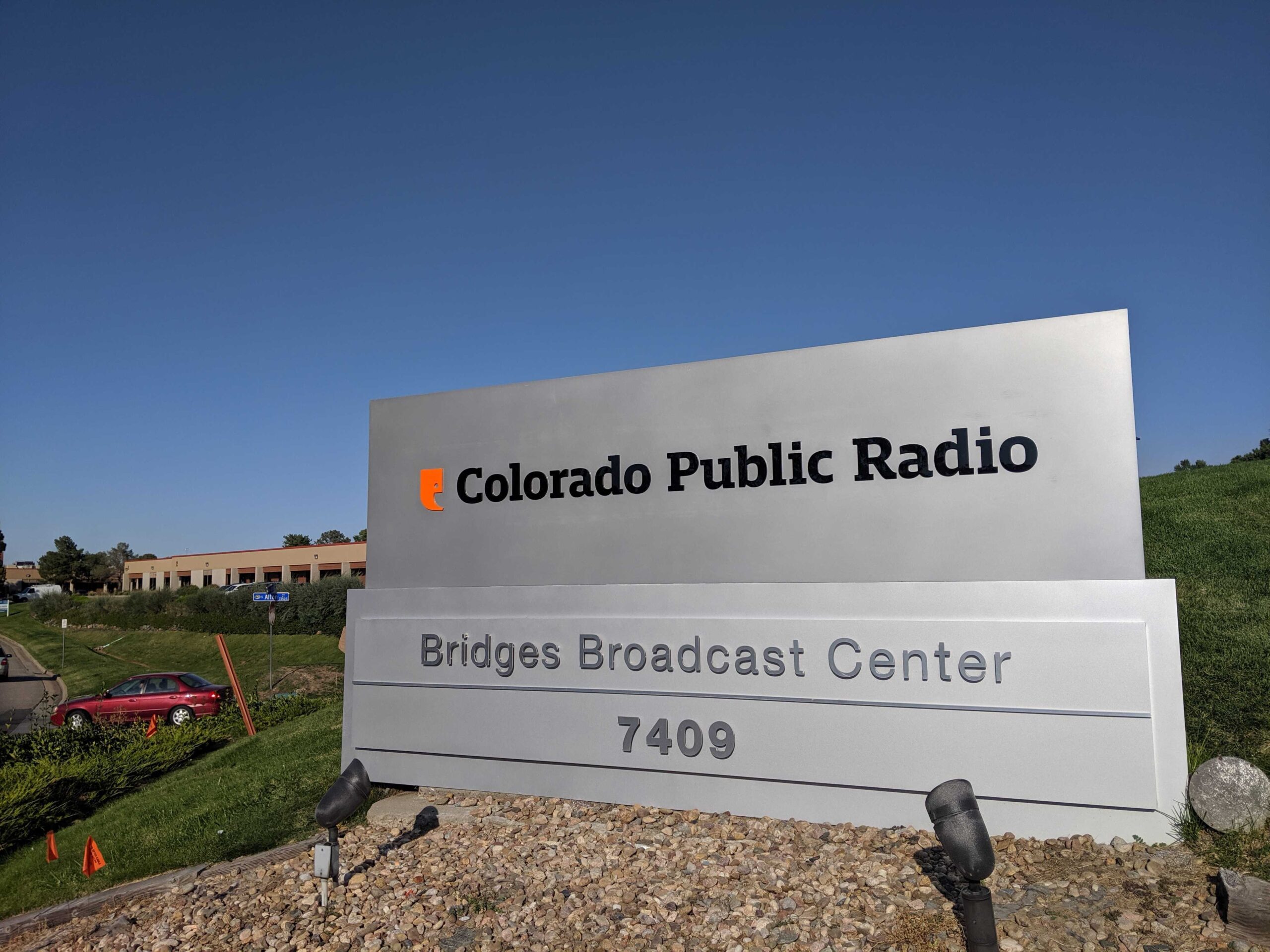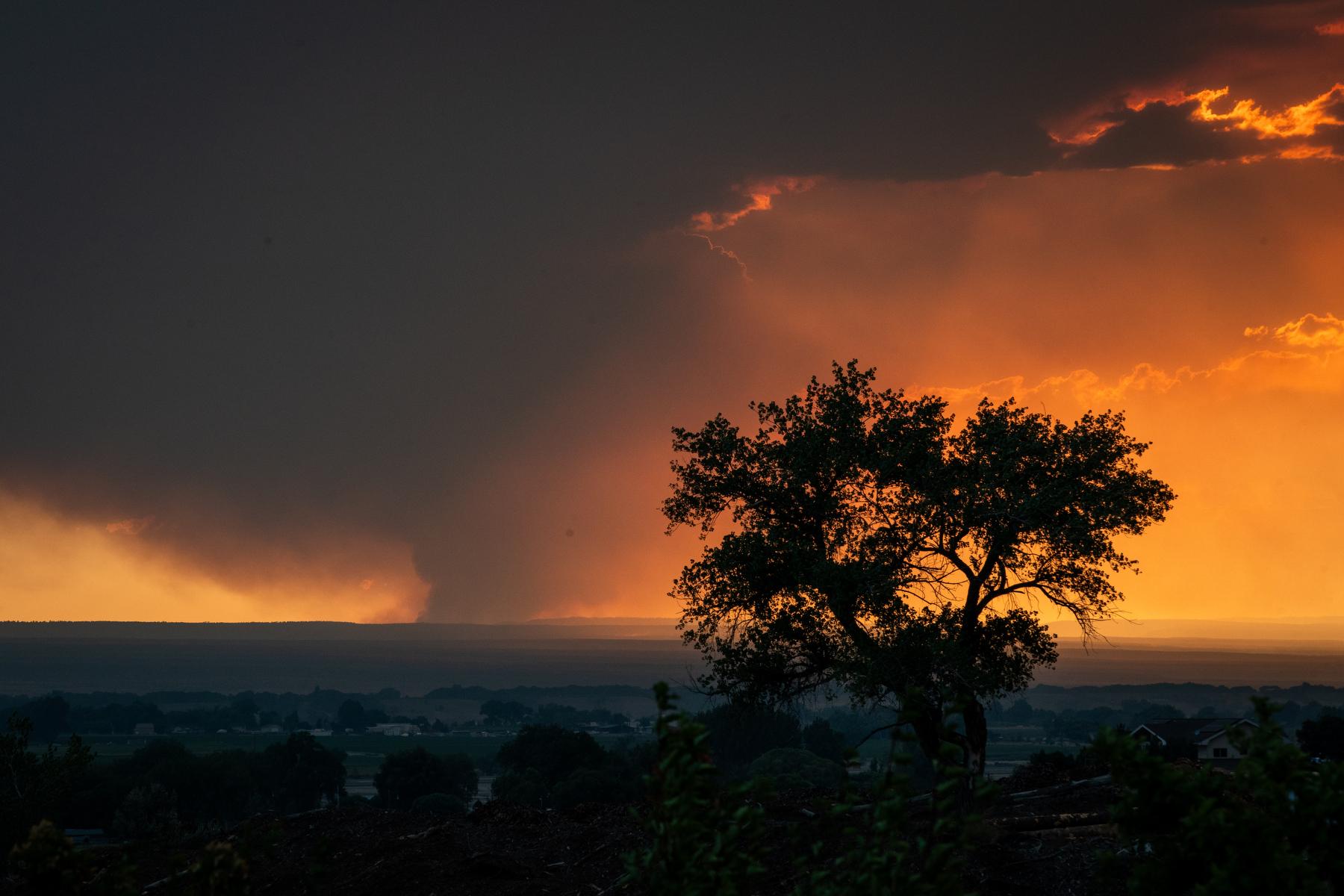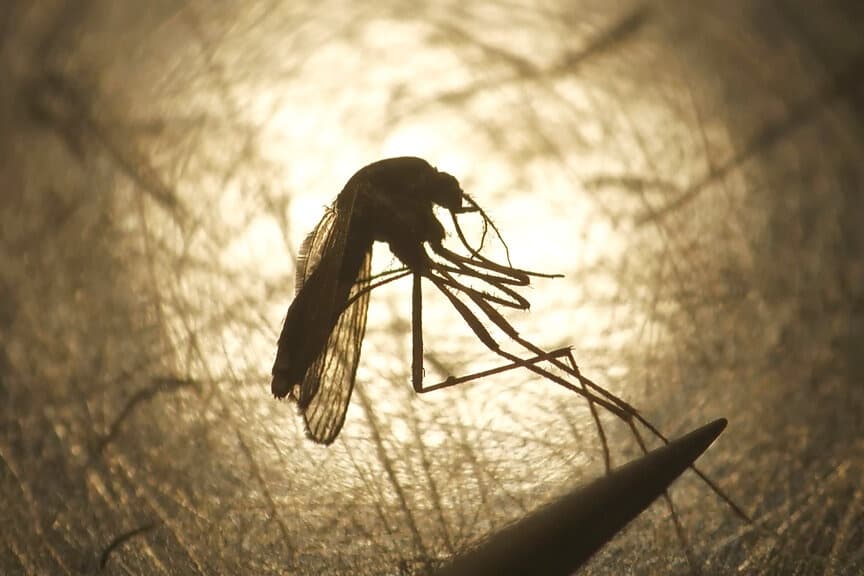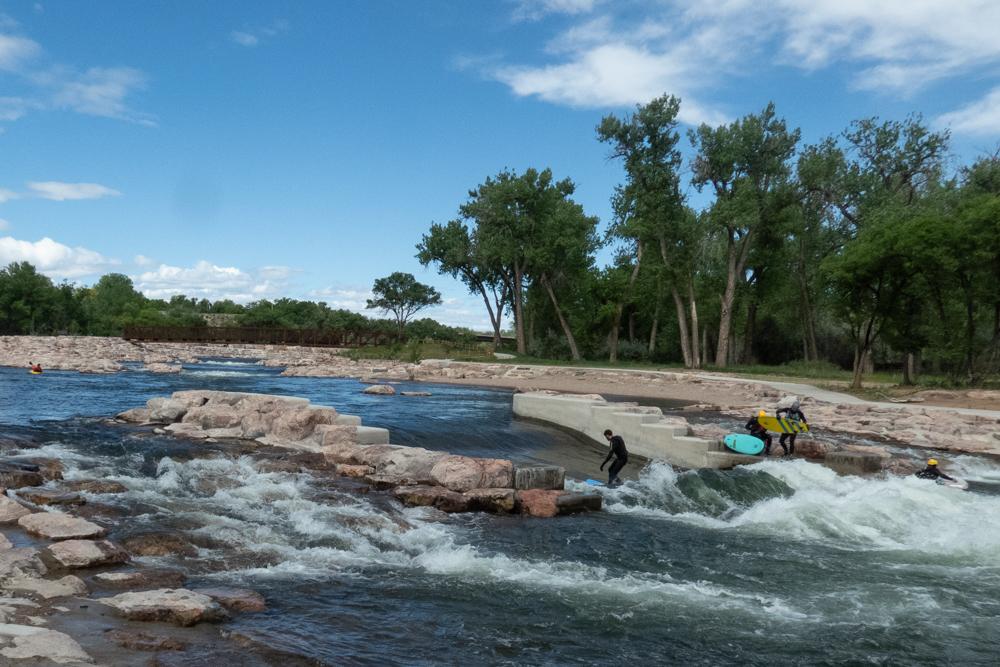
Updated at 9:28 a.m. on Tuesday, May 27, 2025.
NPR and a group of Colorado-based public radio stations, including Colorado Public Radio, filed suit Tuesday against the Trump administration in an effort to block planned federal funding cuts or restrictions to the broadcasters.
The suit, filed in U.S. District Court for Washington, D.C., points to remarks President Donald Trump has made claiming that public broadcasting is biased against him as evidence that he is using the threat of funding cuts to chill the First Amendment rights of the broadcasters, including National Public Radio.
“It is not always obvious when the government has acted with a retaliatory purpose in violation of the First Amendment. ‘But this wolf comes as a wolf,’ “ the suit says, referencing language from prior court decisions. “The Order targets NPR and PBS expressly because, in the President’s view, their news and other content is not 'fair, accurate, or unbiased.' "
Outside of NPR, the plaintiffs are all Colorado-based, including CPR, Roaring Fork Public Radio of Aspen and KSUT Public Radio of Ignacio.
“This is not about politics — it is about principle,” reads a joint statement posted this morning from CPR, Aspen Public Radio, and KSUT Public Radio. “When the government tries to limit press freedom or control the flow of information, we have not only the right, but the obligation, to speak out and defend our rights that make independent journalism possible.”
Colorado Public Radio reported that federal grants make up about 5 percent of its projected revenue for fiscal year 2025, $1.4 million. The lawsuit says that rural or remote stations though receive 50 percent or more of their revenue from federal grants.
NPR, meanwhile, receives little direct federal support. Grants from the Corporation for Public Broadcasting instead go to local stations, with some of that money going to NPR to pay for flagship news programs like Morning Edition and All Things Considered.
The suit takes aim at an executive order signed by Trump on May 1, directing federal agencies to withhold funding from NPR and the Public Broadcasting Service and restricting local stations or networks that receive funding from the Corporation for Public Broadcasting from spending any of it to acquire programming from NPR or PBS.
Executive order 14290 says that since the Corporation for Public Broadcasting was established in 1967 the media landscape has changed, and there is now “abundant, diverse, and innovative news options.”
“Government funding of news media in this environment is not only outdated and unnecessary but corrosive to the appearance of journalistic independence,” reads the executive order.
The executive order says that CPB is prohibited from contributing to or supporting any political party, and fails to abide by these principals by subsidizing biased news produced by NPR and PBS.
NPR and the Colorado stations, however, argue that the Trump Administration is attempting to circumvent congressional authority to silence news organizations.
“The order is unlawful in multiple ways,” the suit alleges. “It flatly contravenes statutes duly enacted by Congress and violates the separation of powers and the spending clause by disregarding Congress’s express commands. It also violates the First Amendment’s guarantees of freedom of speech and of the press.”
Neither the White House nor the Department of Justice immediately responded to requests for comment.
During the presidential campaign last year, Trump called NPR a “LIBERAL DISINFORMATION MACHINE” on his Truth Social media account. “NO MORE FUNDING FOR NPR, A TOTAL SCAM!”
The lawsuit points out that there are a number of protections against political interference built into the law that created the CPB: “In enacting the Public Broadcasting Act, one of Congress’s overriding goals was to guarantee the Corporation, and the public broadcasting entities that receive federal funds from the Corporation, ‘maximum protection from extraneous inference and control.’”
The act says no department, agency, officer or employee of the United States can exercise any “control over the content or distribution of public telecommunications programs and services.”
When then-President Lyndon Johnson signed the Public Broadcasting Act of 1967, he remarked that while funding will come from the federal government, the Corporation for Public Broadcasting “will be carefully guarded from Government or from party control. It will be free, and it will be independent-and it will belong to all of our people.”
The suit also claims the Trump order represents “textbook retaliation,” against the stations and networks, by targeting the alleged bias of NPR and PBS.
“The order refers to NPR programming as biased, and it’s quite clear that it is motivated as retaliation for what the administration considers unflattering news coverage,” said Steve Zansberg, lead attorney for the Colorado stations, who is providing his services pro bono. “That's why it's so clearly a violation of the First Amendment.”
- Trump says he’s ending federal funding for NPR and PBS. They say he can’t
- Corporation for Public Broadcasting sues Trump after he tries to fire board members
- Trump plans order to cut funding for NPR and PBS
- NPR, PBS heads answer lawmakers’ allegations of bias
- WATCH: NPR and PBS CEOs testify on federal support for public broadcasting before House subcommittee









